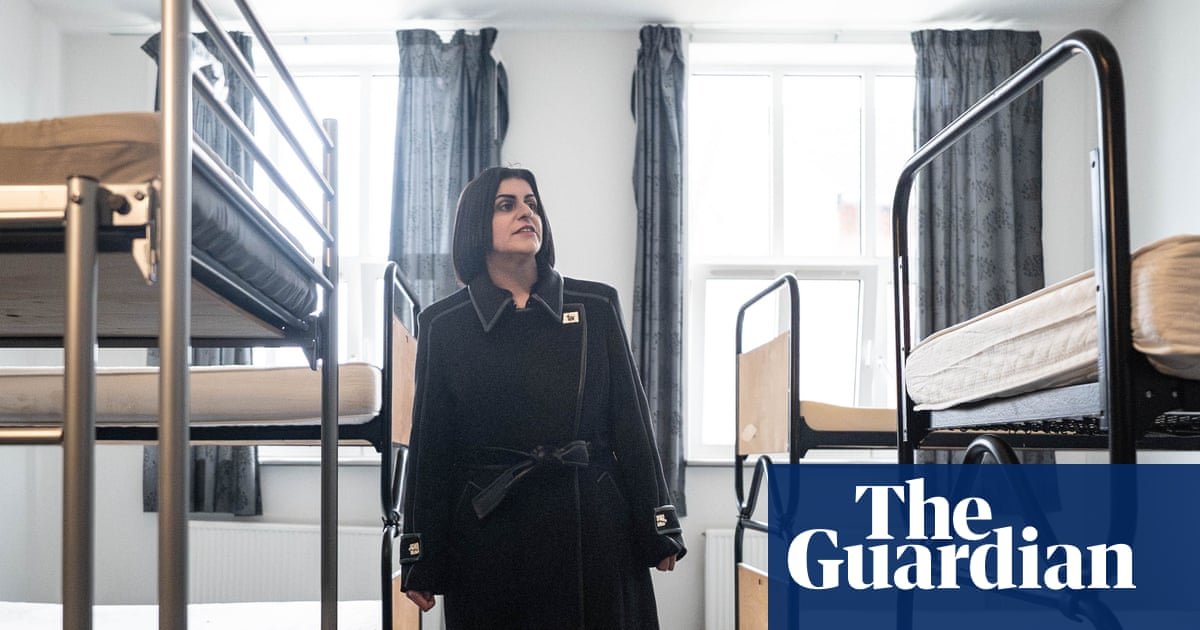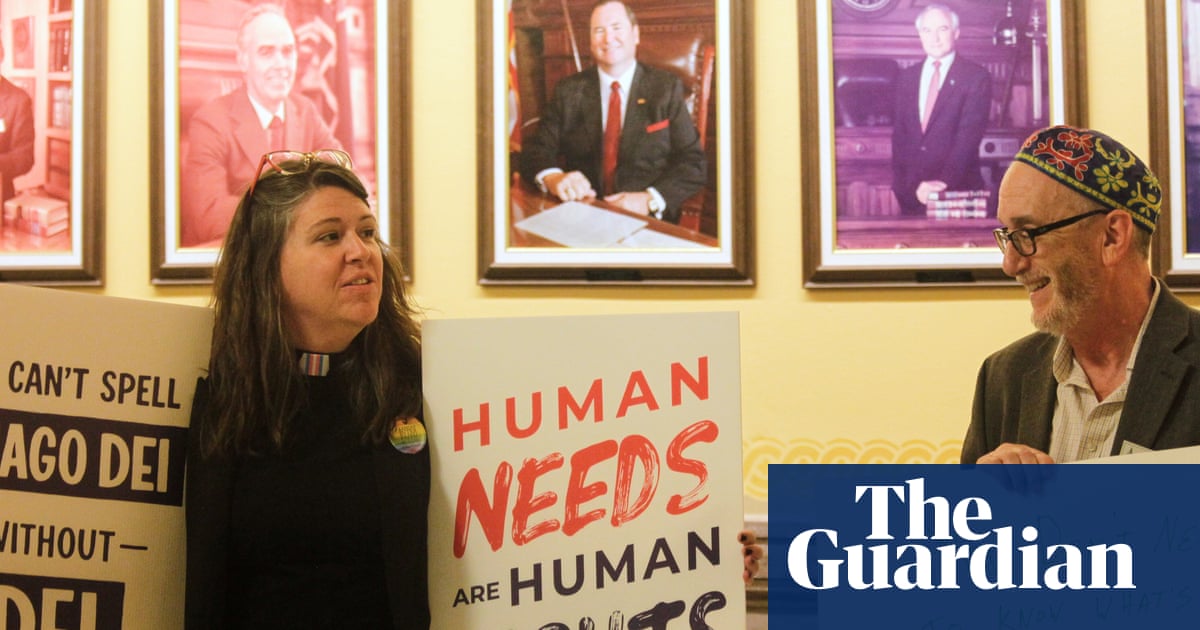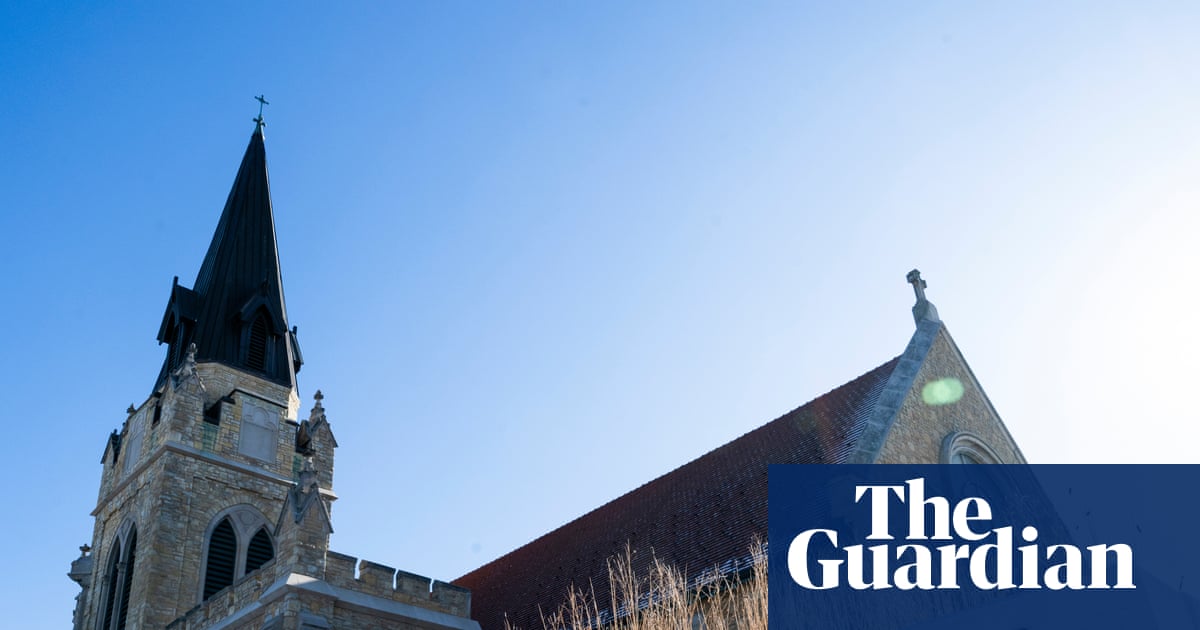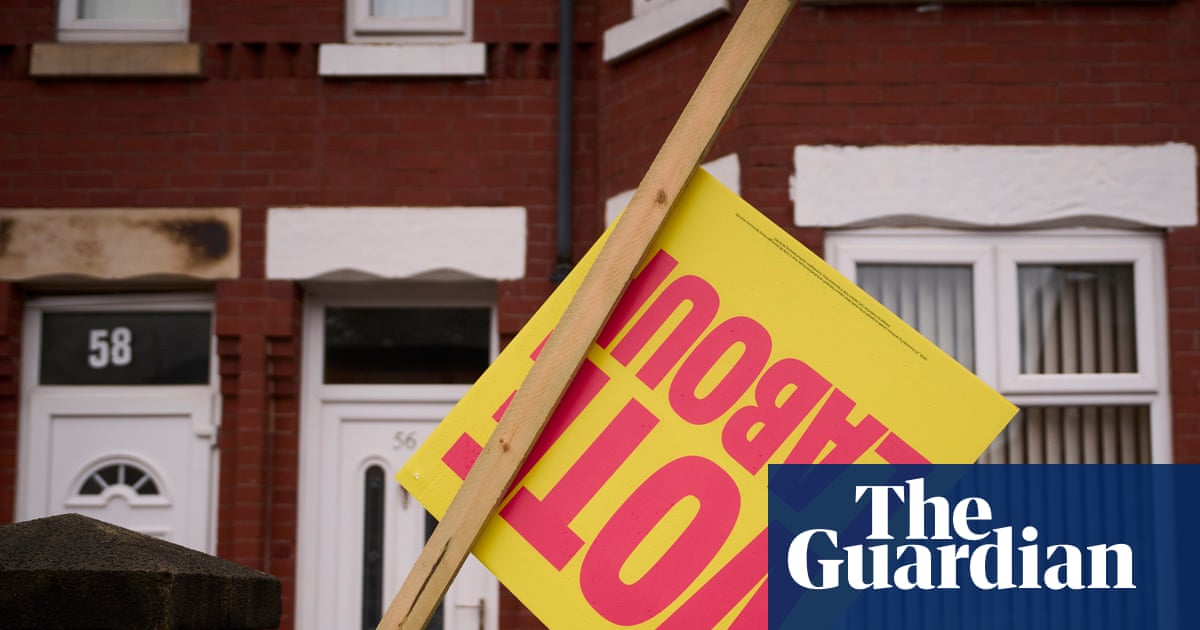British house price growth slowed in October, according to lending data, with analysts suggesting that buyers are “sitting on the sidelines” before a budget that may bring new property taxes.
The average house price rose by 0.3% month on month in October, Nationwide said, down from 0.5% in September. The average price of a home was £272,226, up from £271,995 in September.
On an annual basis, house price growth rose slightly, to 2.4% in October compared with 12 months ago, up from a 2.2% annual rate in September.
The continued growth came despite some reports of a slowdown in sales of more expensive houses, which may come under more focus in the budget on 26 November.
Rightmove, a property listing website, this month also reported “resilience” in the number of properties coming to market, although it added that there was not the usual “autumn bounce” in asking prices.
Anthony Codling, a housebuilding analyst at RBC Capital Markets, an investment bank, said: “Homebuyers sit on the sidelines waiting to see what next month’s budget will bring.
“If the housing market is one thing, it is resilient,” he added. “House prices are at close to all-time highs but mortgage rates more than double where they were before Covid, and the prospect of further rate cuts will underpin house prices.”
Treasury officials have been considering a new tax on the sale of homes worth more than £500,000, although it is not yet clear whether the chancellor, Rachel Reeves, will choose to implement it.
Amy Reynolds, the head of sales at Antony Roberts, an estate agent in wealthy west London, said the market was “sluggish, particularly at the higher end”.
At the same time, lower interest rates have helped to support activity. The Bank of England last lowered borrowing costs in August, with another cut expected at its meeting on Thursday.
after newsletter promotion
Robert Gardner, Nationwide’s chief economist, said that the market had exhibited broad stability in recent months, with continued rises in house prices and a similar number of mortgages approved for house purchases as in the period before the coronavirus pandemic caused huge volatility.
The stability came despite economic conditions that might usually be associated with falling prices – notably, much higher borrowing costs compared with five years ago.
“Against a backdrop of subdued consumer confidence and signs of weakening in the labour market, this performance indicates resilience, especially since mortgage rates are more than double the level they were before Covid struck and house prices are close to all-time highs,” Gardner said.
Nationwide said it expected housing affordability would improve modestly in the coming months if income growth continued to outpace house price growth, as well as a further easing in borrowing costs.

.png) 3 months ago
83
3 months ago
83

















































